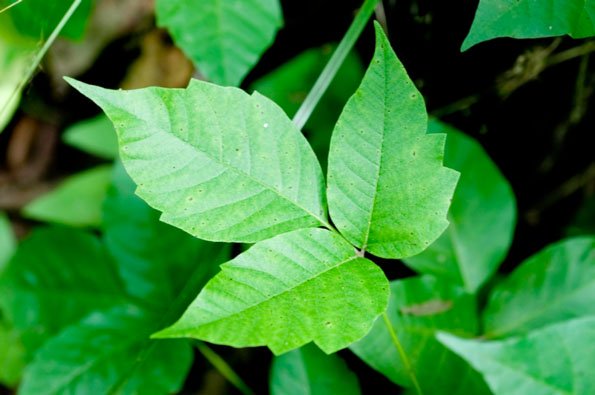Summer heat and less-protective clothing go hand-in-hand. Unfortunately, this increases the possibility that you’ll be exposed to some of nature’s risks, including poison ivy or poison oak. These harmful plants can be found in most parts of the U.S., wrapping around trees as vines, stretching across the ground or growing upright in the form of bushes. These plants produce resin urushiol, a substance that has unpleasant effects on humans, sometimes causing contact dermatitis. This is essentially an allergic reaction to something that is foreign to the human body.
Who is at risk?
Approximately 75% of people who touch this type of poisonous vegetation develop contact dermatitis, and about 20% of that group experiences severe symptoms from exposure. Poison ivy does not pose a great risk to most individuals, but those exposed to it should consider seeking assistance from a dermatologist. Washing with soap and water within 30 minutes of exposure can help reduce the effects of the resin.
How do you identify poison ivy exposure?
Many people who are exposed to poison ivy do not realize that they have come in contact with the plant until a day or two later when a rash develops. The rash normally consists of lines of bumps or blisters that may continue to appear for several days, making it look like the condition is spreading across the exposed area. However, this is actually part of the allergic reaction. The rash will normally heal within two weeks but can last longer.
How do you treat poison ivy?
Cortisone creams, some of which require a prescription, can help reduce the itching that usually accompanies the rash, and calamine lotion can bring relief. Those who experience a severe rash may require treatment with oral steroids such as prednisone. The most serious complication posed by exposure to these poisonous plants is the development of an infection caused by excessive scratching of the affected area.
Looking to Visit a Dermatologist for Poison Ivy?
If you recognize any of these symptoms, contact U.S. Dermatology Partners. Poison ivy treatment is one of the many health services we offer, alongside a wide array of cosmetic and surgical dermatology services. We have multiple locations throughout the country, so fill out our simple online form to get in touch with us. One of our local team members will reach out to you shortly to answer your questions or schedule an appointment for you to visit us soon
Find a location near me
or

